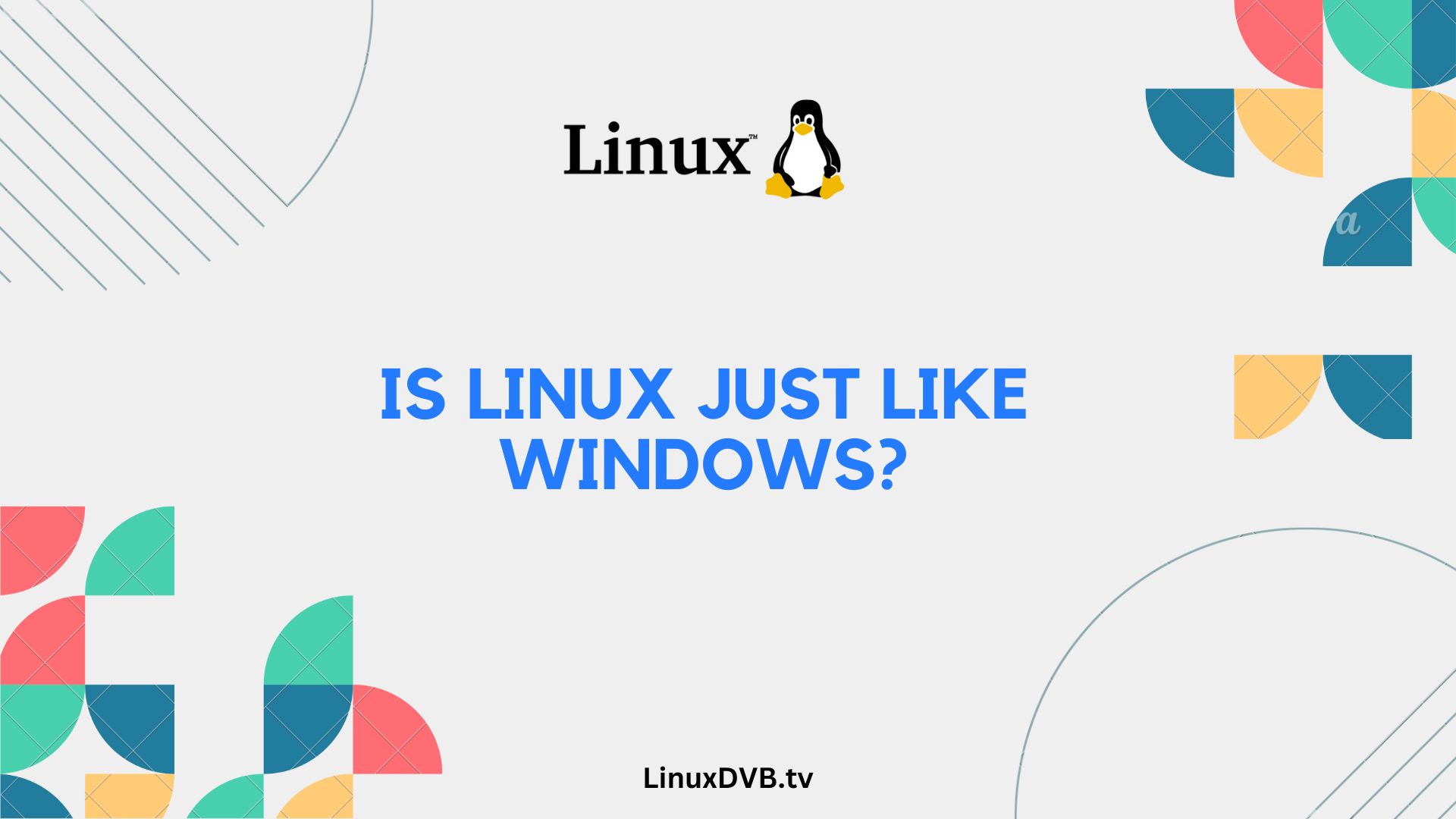How Do I Delete History in Linux without Trace?
In the world of Linux, where privacy and security are paramount, knowing how to delete your history without leaving a trace is crucial. Whether you’re a seasoned Linux user or just starting your journey, understanding the methods and tools available for securely erasing your digital footprint can make a significant difference in safeguarding your information. … Read more










